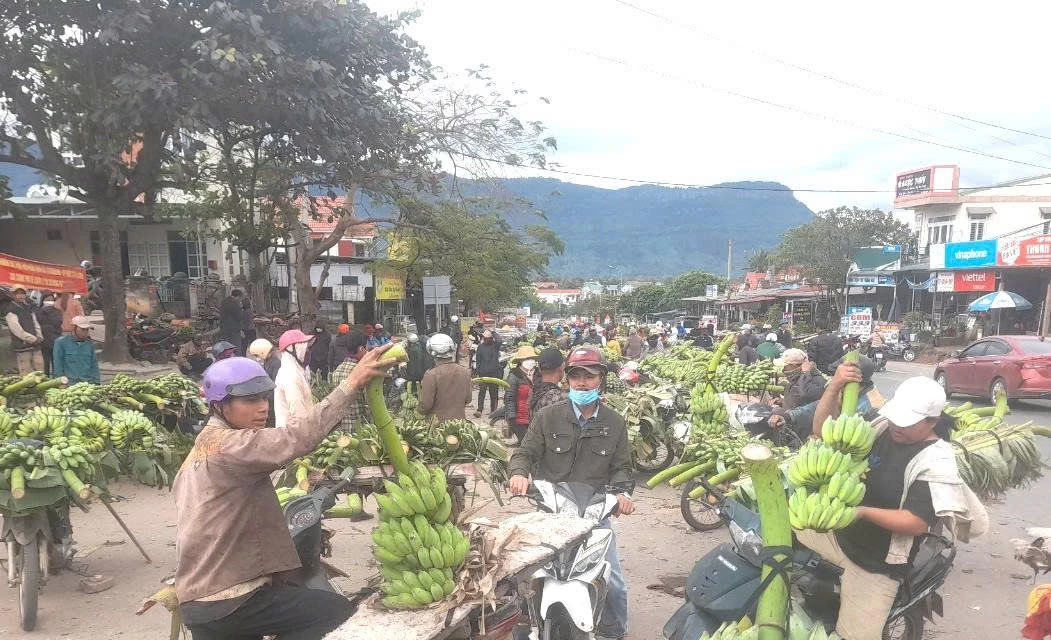 |
| Many Bru-Van Kieu and Pa Ko ethnic men sell agricultural products at the market - Photo: SH |
When men "go shopping"
From early morning, Tan Long banana market in Lao Bao commune was bustling and noisy with buyers and sellers. In addition to Lao Bao commune residents, Bru-Van Kieu and Pa Ko ethnic people from villages of Lia and A Doi communes traveled dozens of kilometers to transport agricultural products, mainly bananas, to the market for sale.
Mr. Ho Van Tru in Thuan 3 village, Lia commune said that his family's banana garden has about 700 banana bushes that are in the harvest period. So every day, from 4-5 am, he has to "be there" to go around the banana garden, find and cut down and collect bunches of bananas that are about to ripen, transport them to the banana market to sell.
The work is quite hard and tiring because you have to carry heavy bunches of bananas onto a motorbike, then carry the heavy cart of bananas on a winding, muddy road between banana gardens to reach provincial road DT586... so only strong, healthy men can handle it.
Mr. Ho Van Bang in A Doi commune contributed to the story, also because the road is so far away, every day he has to travel by motorbike from 4 am to travel nearly 40km to Tan Long banana market, which is normal.
“My family grows hundreds of banana bushes, so on average every day I harvest 4-7 bunches of bananas to sell at Tan Long banana market. In A Doi commune, there are also traders who buy bananas, but the price is not as high as the price at Tan Long banana market. Lia region is almost “lacking” an active market, so people have to bring their agricultural products to sell at Tan Long banana market or the market in Khe Sanh commune. Even though the market is far away, you will get used to it after a while.”
It is not entirely correct to say that Lia area lacks markets. Because around 2002, in the old Thuan commune (now Lia commune), a spacious market was invested with a total cost of about 500 million VND. When the market was first put into operation, the old Thuan commune encouraged small traders to trade at the market.
Gradually, the market became less crowded, and then it became a situation where “no one comes to the market anymore”. Small traders had to close their stalls because of lack of customers and losses. There were many reasons for the market being abandoned, but mainly due to the practice of self-sufficiency, the lack of concentration of population, and the habits of the Bru-Van Kieu and Pa Ko ethnic groups.
Village bridge
Also because people in the villages and hamlets go to the market far away, along the provincial road DT586 through the Lia region, in addition to the small stalls selling agricultural products on both sides of the road, the image of women with 2 plastic baskets mounted on the back of their motorbikes, used to carry goods and food back and forth, weaving into each remote village and hamlet is always present. People in the villages and hamlets in the highlands often jokingly call them "the 2-basket company".
Ms. Nguyen Thi Tham in Tan Lap commune said that there are quite a few people who bring goods and food to sell in the highland villages. Their daily job is to go to the wholesale markets early in the morning to get goods and food, then ride motorbikes into the villages to sell to the people, especially the Bru-Van Kieu and Pa Ko people.
People in many villages and hamlets also have the phone numbers of the “2-basket companies”, so when they need any goods, they just need to “call” and the “2-basket company” will meet their needs immediately. On average, “2-basket companies” have to ride their motorbikes nearly a hundred kilometers round trip every day. Many people have been in this profession for 15-20 years. And for the “2-basket companies”, the motorbike is a close friend, helping them overcome many difficulties on the journey to make a living.
Thorough "gender equality"
Mr. Ho Van Thuc in Thuan 5 village, Lia commune said that thanks to replacing his wife in "shopping", Bru-Van Kieu and PaKo men are now different from before.
In the past, Bru-Van Kieu and Pa Ko men always considered it natural that women had to work hard alone in the fields or carry agricultural products to sell at the markets. This way of thinking may have originated from the custom of sending money as a "bride price" in marriage among the Bru-Van Kieu and Pa Ko ethnic groups.
The more money the groom's family sends, the easier it is for the bride's family to marry their daughter. Then the wedding is a lavish affair with many elaborate and expensive rituals. When the couple moves in together, they have to pay off a large debt.
Also because of the high cost of organizing a wedding, many brides when they get married have to do all the hard work from farming, carrying water, going into the forest to chop firewood... as a way to "pay off the debt"...
“Now, it is not uncommon for Bru-Van Kieu and Pa Ko men to take their wives’ place in bringing agricultural products to sell at markets and helping their wives take care of the fields and family work in the Lia communes. For example, in my family, I currently do most of the work from weeding, taking care of the banana and cassava gardens, to going to the banana market to sell bananas. I give all the money I earn from selling agricultural products on the fields to my wife to take care of the family and raise my children to become good people,” said Ho Van Thuc.
Sy Hoang
Source: https://baoquangtri.vn/phong-su-ky-su/202508/chay-cho-tren-non-cao-3031e4e/



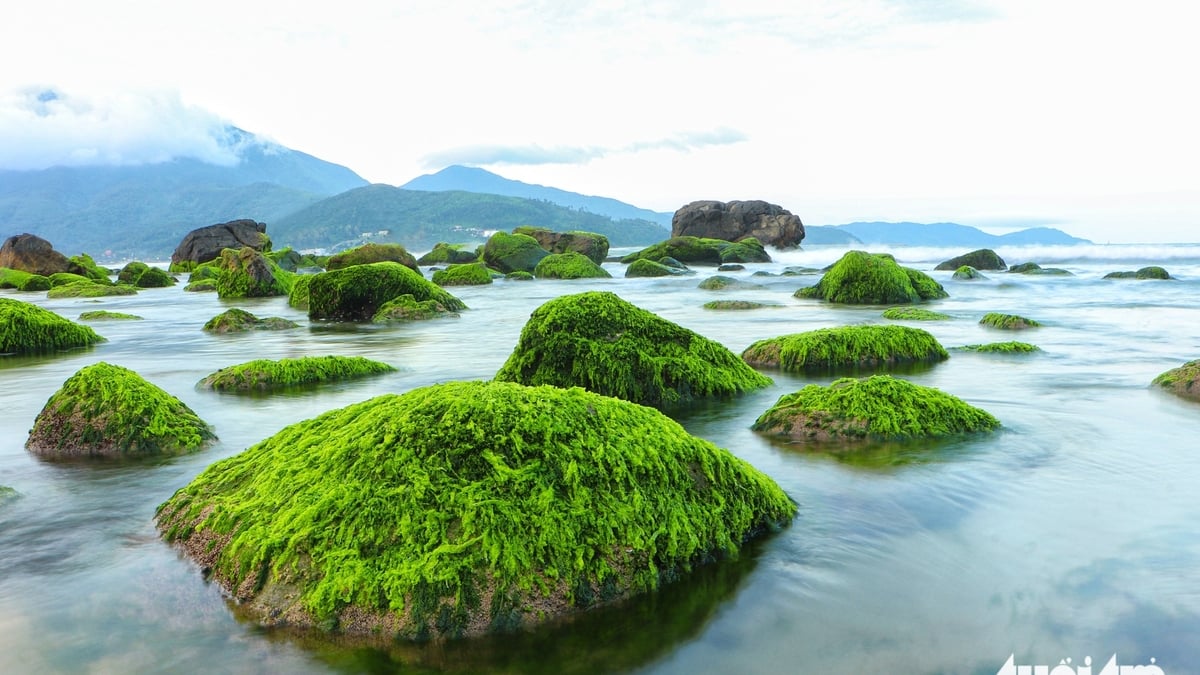
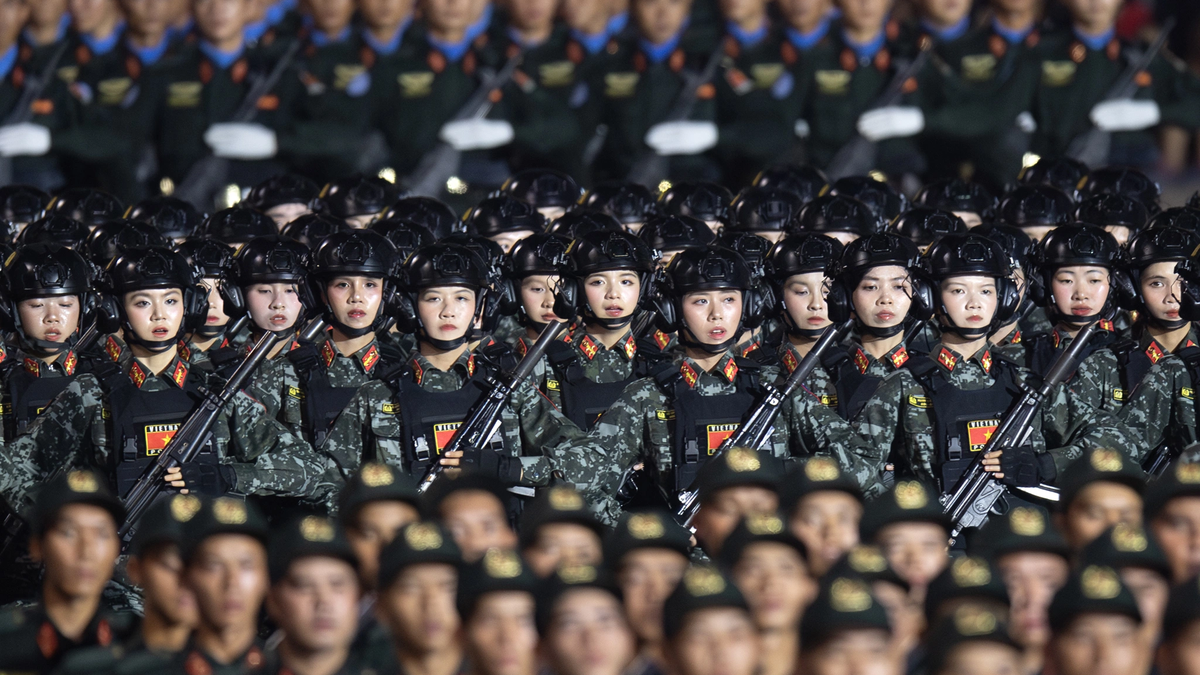
![[Photo] General Secretary To Lam attends the opening ceremony of the National Achievements Exhibition](https://vphoto.vietnam.vn/thumb/1200x675/vietnam/resource/IMAGE/2025/8/28/d371751d37634474bb3d91c6f701be7f)
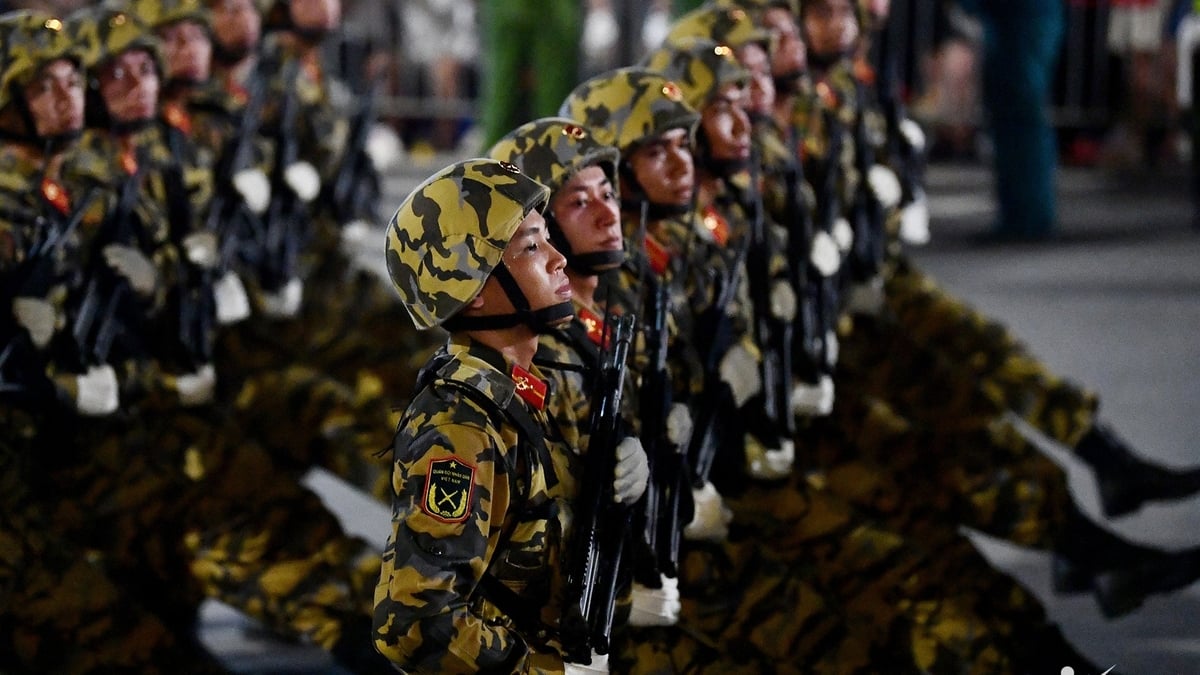
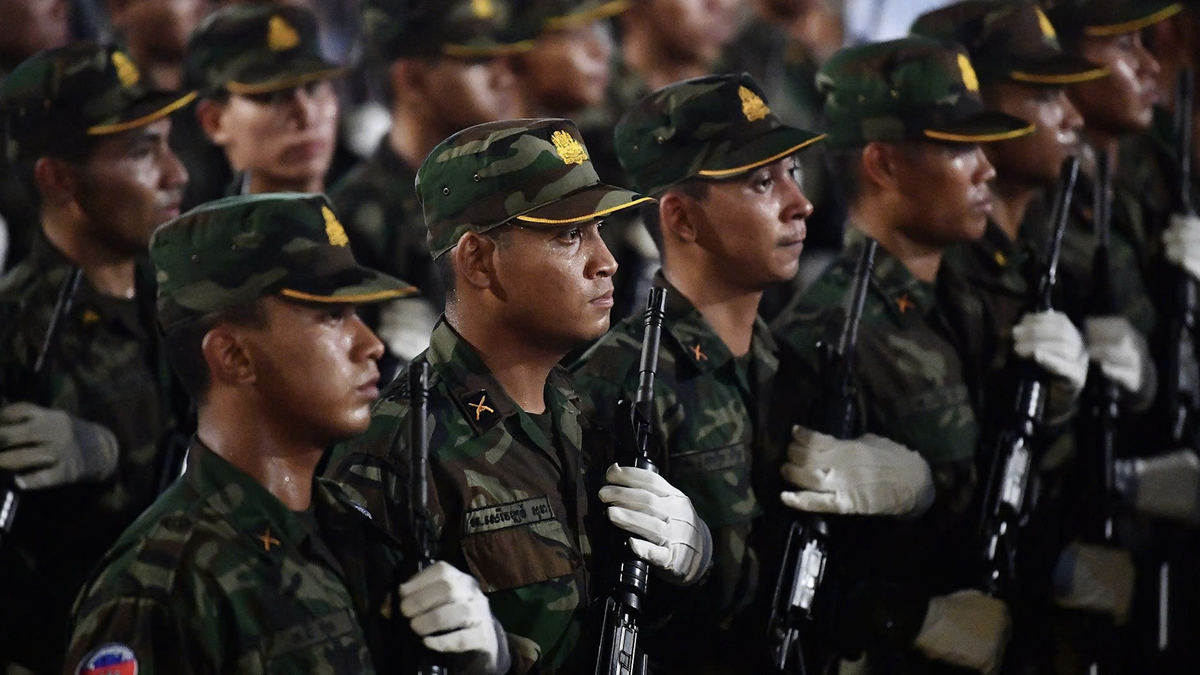
![[Photo] National Assembly Chairman Tran Thanh Man holds talks with New Zealand Parliament Chairman](https://vphoto.vietnam.vn/thumb/1200x675/vietnam/resource/IMAGE/2025/8/28/c90fcbe09a1d4a028b7623ae366b741d)
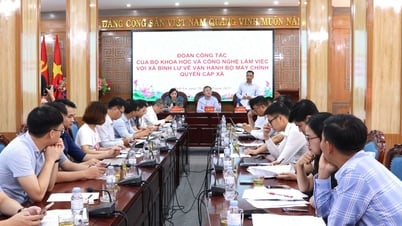

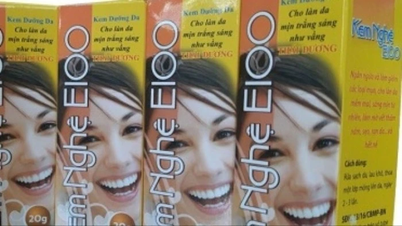

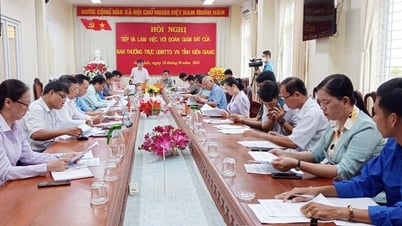

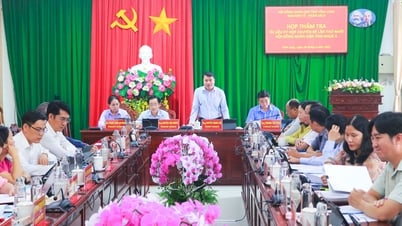

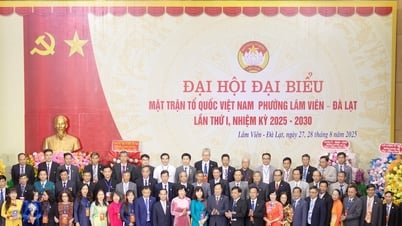

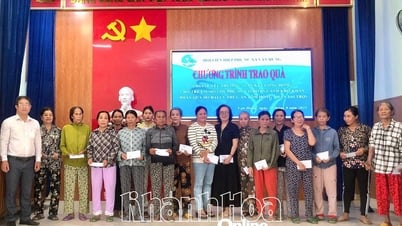





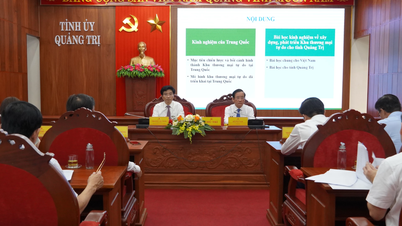
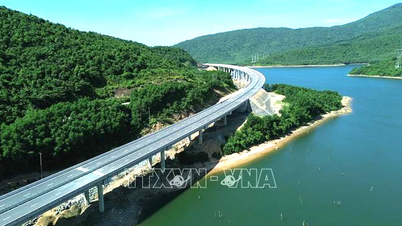
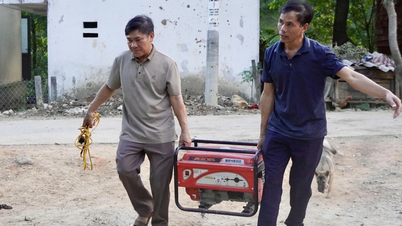
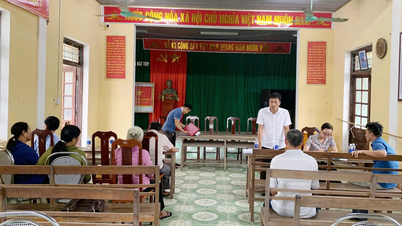
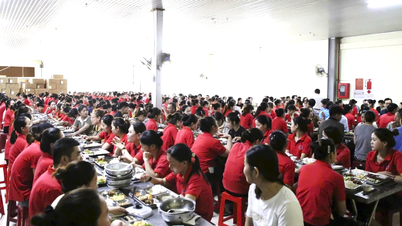
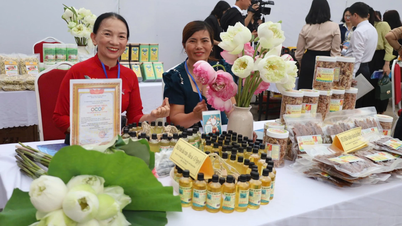
![[Photo] Images of the State-level preliminary rehearsal of the military parade at Ba Dinh Square](https://vphoto.vietnam.vn/thumb/1200x675/vietnam/resource/IMAGE/2025/8/27/807e4479c81f408ca16b916ba381b667)























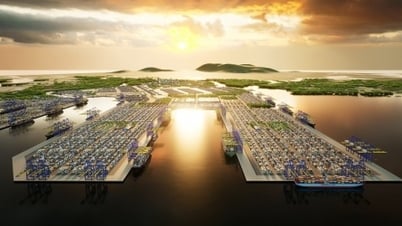
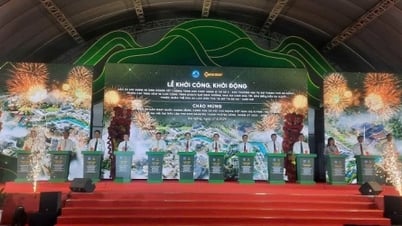

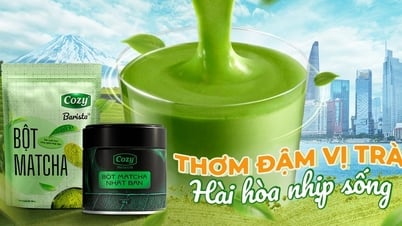
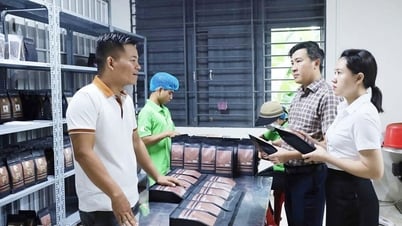









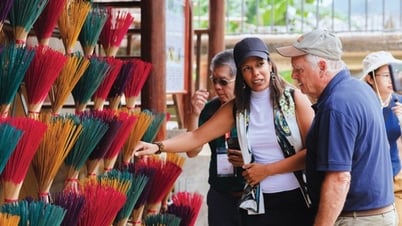


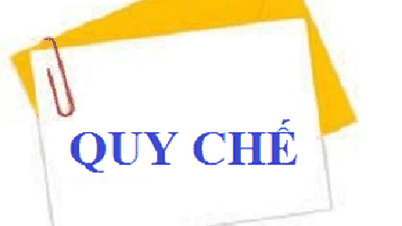
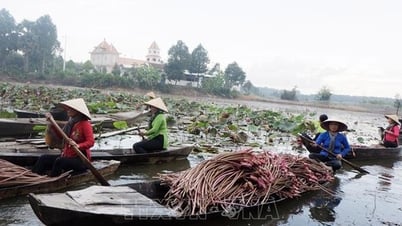

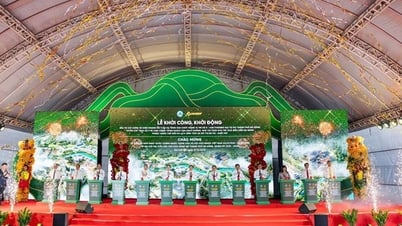
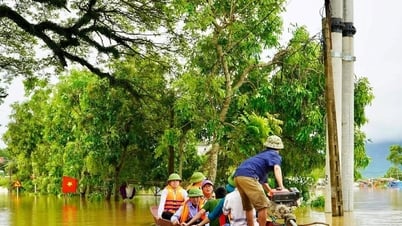

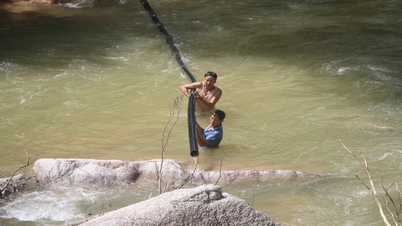

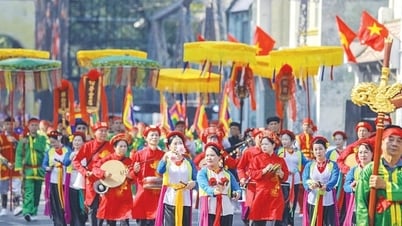

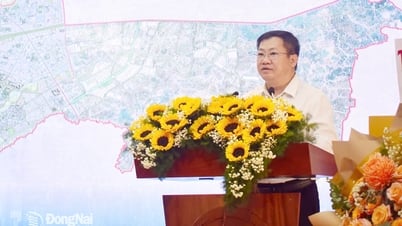

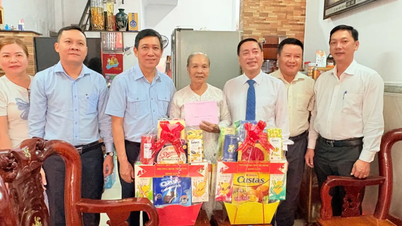
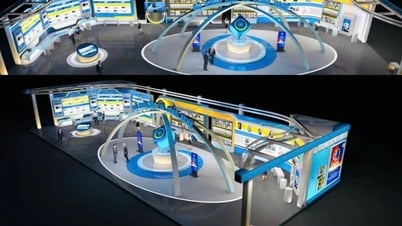









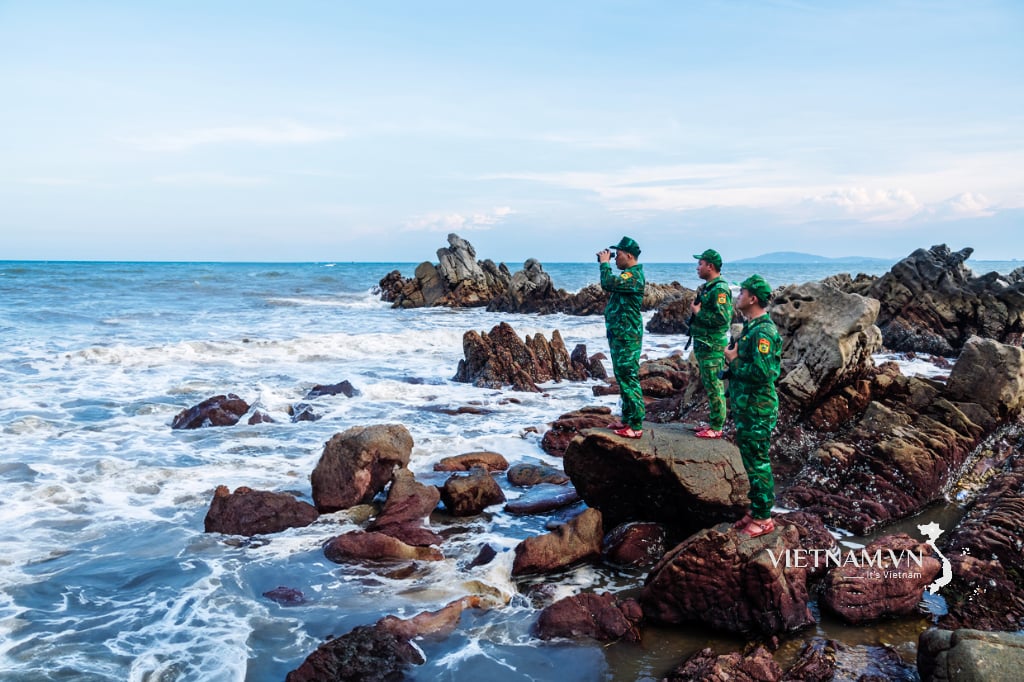

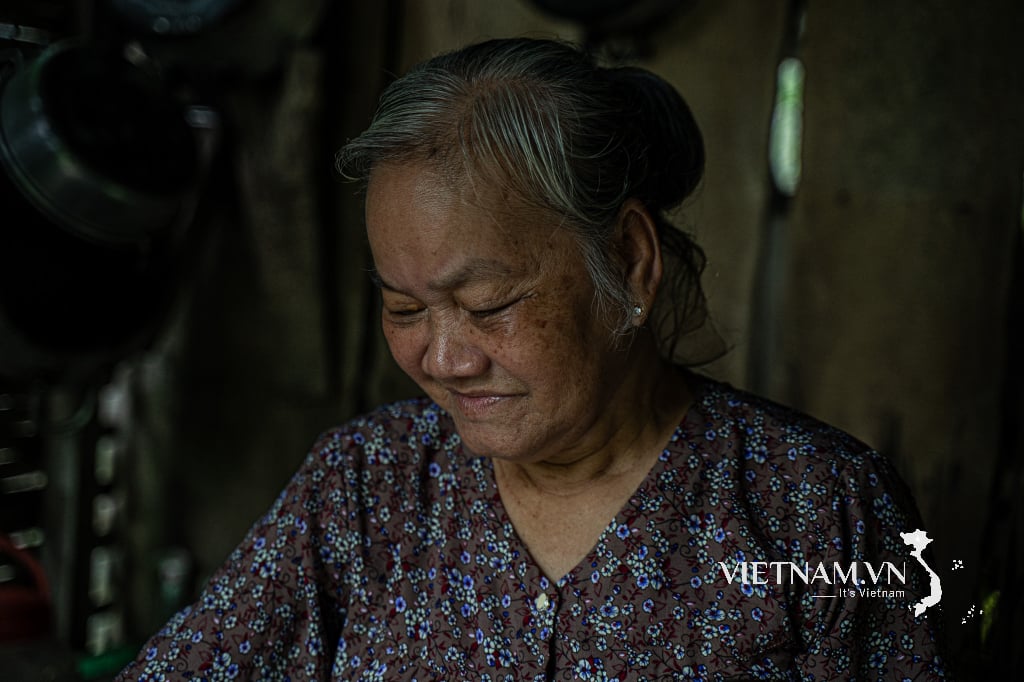
Comment (0)